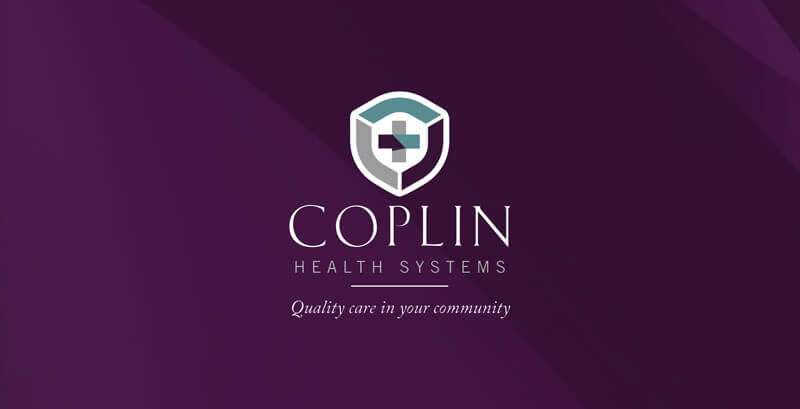What You Should Know About Breast Cancer Screening
October is Breast Cancer Awareness Month. Breast cancer is the most common cancer affecting women. It is estimated that 1 in 8 women in the United States will develop invasive breast cancer over the course of her lifetime.
Breast cancer impacts the lives of patients and their loved ones, which is why it is important to regularly monitor for breast cancer. Routine breast exams and screenings help prevent the development or spread of breast cancer.
Below are some frequently asked questions regarding breast cancer, and breast exams and screenings:
What are some factors that increase my risk of breast cancer?
While men can develop breast cancer, women are more likely to develop breast cancer, due to the breast cells of women constantly changing and growing, due to the female hormones estrogen and progesterone.
Aging is the second largest risk factor, with the odds of developing breast cancer increasing for anyone 60 and older. Family and personal history of breast cancer and certain non-cancerous breast diseases can also increase your risks.
Women who have no children are 50% more likely to be diagnosed with breast cancer than women who had their first child in their 20s.
Furthermore, women who start menstruating before age 12 or go through menopause after age 55 are also at an increased risk to develop breast cancer.
Why is it important to get screened for breast cancer?
Routine breast exams are critical for a woman’s health. Early detection of breast cancer increases the likelihood a patient has successful treatment, and increases treatment options.
At what age should women begin getting screened for breast cancer?
It’s recommended that women ages 40-44 begin annual breast cancer screenings with mammograms. Women 45-54 should have mammograms every year, and women 55 and older should switch to a mammogram every two years or can continue yearly screening.
What is a mammogram?
A mammogram is an x-ray of the breast. It is used to detect the development of breast cancer as early as two years before you or your healthcare provider can physically feel the development of the cancer.
Where should I go for a mammogram?
Ask your healthcare provider where to go for a mammogram. You can also call the West Virginia Breast and Cervical Cancer Screening Program at 1-800-642-8522 to ask about mammogram providers in your area.
How will I pay for a screening mammogram?
While most insurance providers cover screening mammograms with no out of pocket expenses, health coverage can vary by provider. Many policies may also have out-of-pocket costs for diagnostic or follow-up mammograms. If you are unsure about your coverage, you should contact your insurance provider.
If you have no insurance or you are unable to afford your insurance’s deductibles or copays, which prevents you from undergoing breast exams or mammograms, the West Virginia Breast and Cervical Cancer Screening Program may be able to help. Call 1-800-642-8522 to find out if you are eligible for free or low-cost cancer screening services. You can also visit www.wvdhhr.org/bccsp for program information, eligibility guidelines, and a list of WVBCCSP screening providers.
What do some of the terms used to discuss breast cancer mean?
- Benign: Not cancer.
- Biopsy: A minor surgical procedure to remove a small piece of tissue that is then examined under a microscope in a laboratory.
- BRCA1 and BRCA2: Genes that function in the control of cell growth. Changes in these genes have been linked to an increased risk of breast cancer and ovarian cancer.
- Cysts: Sacs or pouches filled with fluid.
- Mutations: Permanent changes in genes that can be passed from parent to child.
- Obstetrician–Gynecologist (Ob-Gyn): A physician with special skills, training, and education in women’s health.
Talk to your healthcare provider today to schedule your routine breast exam and screening.

March 3, 2021
Men’s Day Health Event Planned at Coplin Health Systems
With the month of June nationally recognized as Men’s Health Month, Coplin Health Systems will be hosting an event that will allow men to be screened for various health issues. Each year, Men’s Health Month is focused […]

February 14, 2020
Coplin signs lease agreement on Wirt County nursing facility
Coplin Health Systems is excited to announce that it will be leasing its Wirt County nursing home to EWV Holdings, LLC. The new nursing home will be operated under the name Elizabeth Care Center and managed by […]

June 4, 2019
5 Reasons to Mosey through your Farmers Market
What’s the best way to spend the summer season? Well, swimming, camping, barbequing and taking a vacation all fall under that category. But, some of the best ways are much simpler and a great way to improve […]



